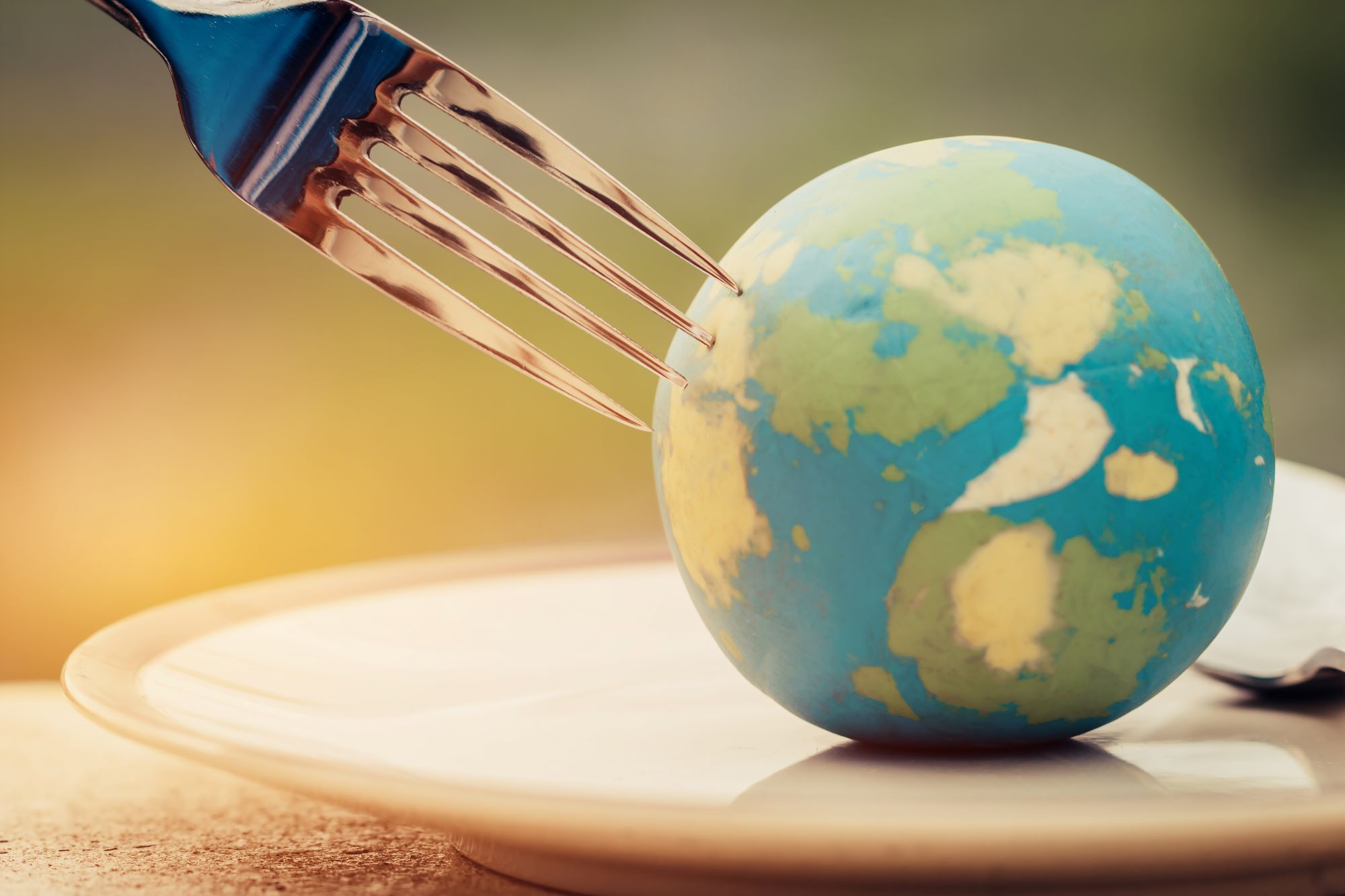In 2019, the EAT-Lancet Commission gained headlines worldwide when it proposed a healthy dietary pattern that, along with reductions in food waste and improved agricultural practices, could feed the increasing global population sustainably.
Now a Planetary Health Diet Index (PHDI) has been developed to quantify adherence to the EAT-Lancet reference diet. Does the EAT-Lancet diet benefit human health along with planetary health? A new study has been published that reports on this.
STUDY OBJECTIVE
The study aimed to assess associations between PHDI and total and cause-specific mortality in 3 prospective cohorts of males and females in the United States.
METHODS
The researchers followed 66,692 females from the Nurses’ Health Study (1986–2019), 92,438 females from the Nurses’ Health Study II (1989–2019), and 47,274 males from the Health Professionals Follow-up Study (1986–2018) who were free of cancer, diabetes, and major cardiovascular diseases at baseline.
The PHDI was calculated every 4 years using a semiquantitative food frequency questionnaire.
RESULTS
During follow-up, there were 31,330 deaths among females and 23,206 among males.
When those that were highest in the PHDI were compared to the lowest group, there was a 23% lower rate of death of all causes.
The PHDI was associated with a lower risk of deaths from cardiovascular diseases (by 14%), cancer (by 10%), respiratory diseases by 47%), and neurodegenerative diseases (by 28%).
High PHDI scores were also associated inversely with greenhouse gas emissions and other environmental impacts.
CONCLUSIONS
In 3 large United States-based prospective cohorts of males and females with up to 34 y of follow-up, a higher PHDI was associated with a lower risk of total and cause-specific mortality and environmental impacts.
This study suggests that learning to eat healthy for the planet with a plant-based approach is also healthy for the human body.
The planetary health diet is flexible by providing guidelines to a range of different food groups that together constitute an optimal diet for human health and environmental sustainability. It emphasizes a plant-forward diet where whole grains, fruits, vegetables, nuts, and legumes comprise a greater proportion of foods consumed. Meat and dairy constitute important parts of the diet but in significantly smaller proportions than whole grains, fruits, vegetables, nuts, and legumes.
In addition to the targets set within each section, the dietary targets also suggest that the average adult requires 2500 kcal per day. While this amount will vary based on age, gender, activity levels, and health profiles, overconsumption is a waste of food with both health and environmental costs.
About the author: At his core, Dr. Joel Kahn believes that plant-based nutrition is the most powerful source of preventative medicine on the planet. Having practiced traditional cardiology since 1983, it was only after his own commitment to a plant-based vegan diet that Dr. Kahn truly began to delve into the realm of non-traditional diagnostic tools, prevention tactics, and nutrition-based recovery protocols.
As with anything you read on the internet, this article should not be construed as medical advice; please talk to your doctor or primary care provider before changing your wellness routine. WHN does not agree or disagree with any of the materials posted. This article is not intended to provide a medical diagnosis, recommendation, treatment, or endorsement. Additionally, it is not intended to malign any religion, ethnic group, club, organization, company, individual, or anyone or anything. These statements have not been evaluated by the Food and Drug Administration.
Content may be edited for style and length.
References/Sources/Materials provided by:
https://www.kahnlongevitycenter.com/
https://www.linkedin.com/in/joel-kahn-md-757a59225/
https://www.facebook.com/drjoelkahn
https://ajcn.nutrition.org/article/S0002-9165(24)00389-7/abstract




